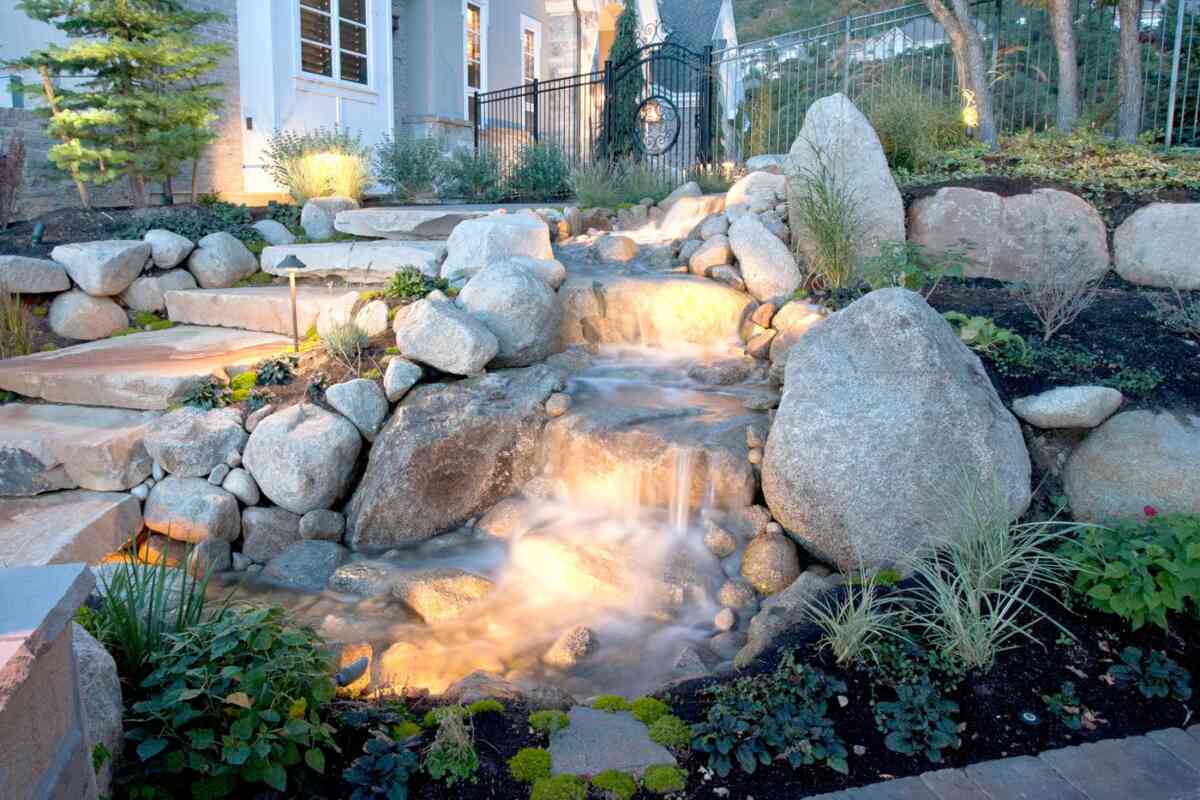How to Use Old Mulch to Add Organic Matter to Your Garden
How to Use Old Mulch to add organic matter to your Garden
Reusing old Mulch is an excellent method to boost your soil's organic content. You can add it to the soil as organic matter layer, provided it isn't rotten or diseased. If the soil isn't decomposing enough, you could plant something similar to an acacia tree on top. And then, wait for the new layer to develop and bloom.
https://www.thedetailguysmd.com/
Recycling the mulch that is contaminated
Despite its usefulness, old mulch will eventually become rotten. It is recommended to eliminate the old mulch from your garden every year, but it is recommended to do so during winter. This waste can be disposed of in a garbage bin far away from city areas. Mulching is simple when you know the differences between the two. It is essential to understand how to dispose of the old, diseased, and rotten mulch. This website has more information regarding the matter.
Remove any old, unhealthy mulch from your lawn. This will stop any future damage. However, be sure to comply with any local rules concerning the disposal of diseased mulch. Certain mulches can be biodegradable. Biodegradable mulches release beneficial nutrients to the soil. In other cases, you can dispose of damaged old mulch by tilling it in the soil. Remove any old mulch that isn't biodegradable.
Examining the condition of old mulch
Mulch is an excellent choice to compost. It is important to assess the condition of the mulch you have before reusing it. It should be biodegradable. That means it should not be infested with pests or diseases. Plastic and inorganic mulches cannot be reused however old mulch may be repurposed when it is not substantially decomposed.
You'll need to assess the condition of your old mulch before reusing it. If you find spots where there's fungus, it's possible to over the area with new mulch. If the old mulch is rotting and you're not sure, it's best to look up local laws and regulations regarding the best method to get rid of the mulch. Just scoop some pieces of mulch from the area covered in mulch. Next, inspect it visually. Do you see any signs of rotten, moldy or any other problem? Can you distinguish the mulch from the soil?
Mixing old mulch with soil can improve the organic matter in soil
Mixing old mulch and soil is a great way to add value to your garden. Mixing old mulch with soil can result in rich soil conditions for plants and provide beneficial bacterias and fungi. Mulch breaks down slowly, converting to compost, and providing nutrients to plants and soil organisms. Mulch also helps with drainage and air circulation. If you're thinking of creating organic matter in your garden Here are some useful tips.
For you to start adding organic matter to your garden, it is necessary to mix old mulch with your soil. This material is usually comprised of branches and twigs. Although it is not necessary to take out all the mulch, the new mulch must not be completely overgrown. Mix in three to four inches of mulch per square foot of soil.
Garden bed preparation to plant
If you are planning to plant vegetables and flowers in your garden, you may have thought about the garden bed being prepared with old mulch. It is possible to rake it up into a wheelbarrow or tarp and mix it with the soil. To prepare the bed for planting, you may also add compost and work into the soil. This will help you create the ideal spot for your vegetable and flower seeds.
It is recommended to make your garden bed in the early spring to make sure that the soil is well-nourished and isn't compacted. This is the ideal way for gardeners who do not need to till. However, spring is a great opportunity to add organic material to your garden bed. In any event, weeds could pop up at any time, so be sure to ensure that your mulch piles and compost piles well-covered.
Applying old mulch to prevent the spread of weeds
It is recommended to plant mulch in your garden after the end of the season. This allows plenty of time for trimming plants and deadheading them. Before you add new mulch, you should scrape away the old mulch to remove any dead weeds and to loosen the soil. In order to make the soil more flexible and pliable, you can plant it. Finally, remove the old mulch using a hoe.
Look around your neighbourhood for dead or dying trees and shrubs to get mulch for free. Neighborhood neighbors may offer compost, leaves and sawdust. If you happen to live in a rural area, try offering to buy wet bales of hay from farmers. You can also collect leaves from trees into bags made from plastic. In exchange for a small amount an arborist will chip the results of their labor.

